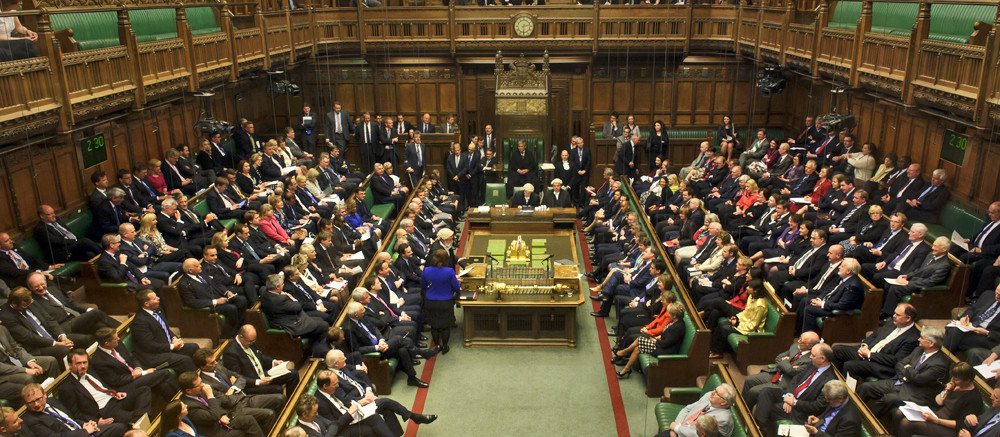Oral questions in Parliament boosts MPs election chances
A paper by a Warwick researcher has shown that MPs who are selected to ask questions orally in Parliament have a higher chance of succeeding in the next election.
Luc Tucker, a PhD researcher in the Department of Economics at the University of Warwick, has conducted a study into the relationship between the number of times politicians are randomly selected to ask a question in a House of Commons debate, and their chances of re-election.
According to a University press release, the study found a causal relationship suggesting that an average of 15 questions raises the probability of re-election by 4.7 percent, compared to not asking any questions at all.
Material used in the study includes order papers going back to 1997, transcripts of debates, lists of MPs and statistics from the UK Electoral Commission.
The paper claims to have avoided a difficulty faced by previous studies into causality between parliamentary performance and electoral success, namely that of separating the effect of an MPs personality and his or her performance on the chances of winning another election.
According to Mr Tucker, “members who ask many parliamentary questions are likely to have particular characteristics, which may be unobservable”.
However, using records of the House of Commons questions submitted but not selected through the ballot, the study found a control group in which the characteristics of the politicians were basically the same as those of the treatment group.
The study also used matched sampling to address the problem of non-random factors in the system that decides which MPs get to ask their questions after they have been put on the daily order paper.
Talking to the Warwick Communications Office, Mr Tucker said that the research does not show why politicians who get to ask questions are more likely to win.
However, it is possible that media reports of an MP addressing issues in Parliament that are important to their constituents could help boost the said MP’s image in the next election.

Comments